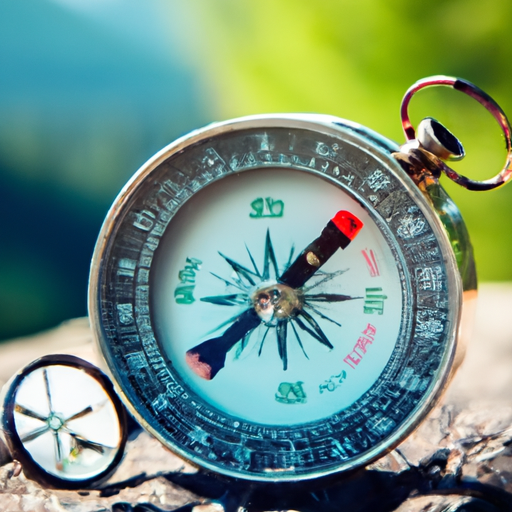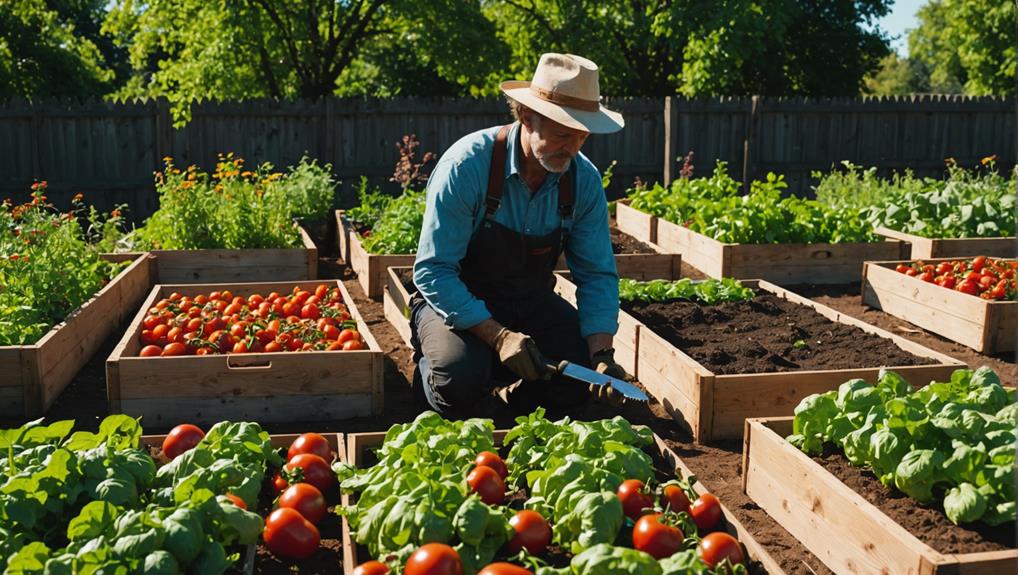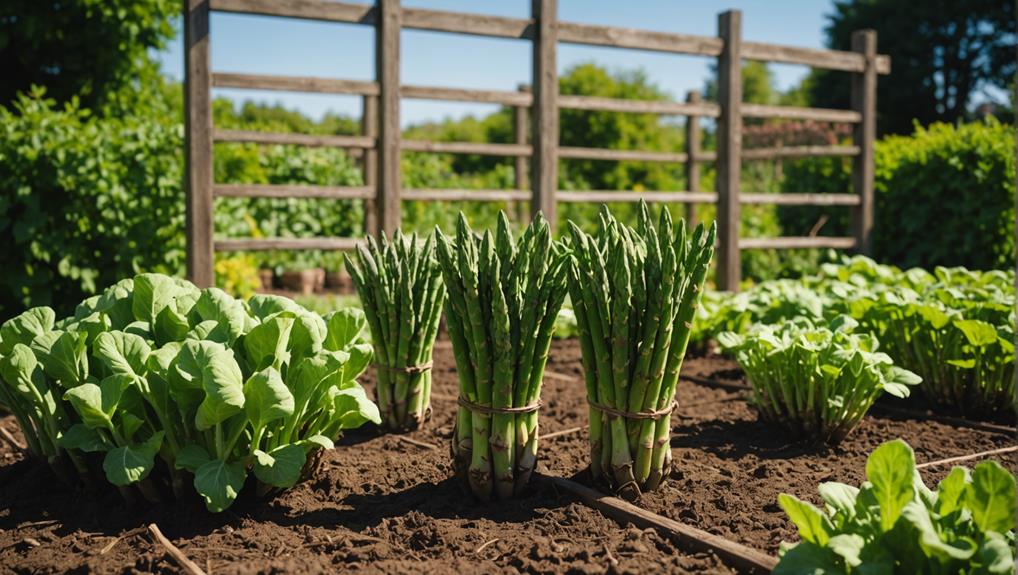As an Amazon Associate I earn from qualifying purchases.
Have you ever found yourself in a situation where you were out in the great outdoors and didn’t quite know what to do? Maybe you got lost on a hiking trail or your camping trip took an unexpected turn. In these moments, having some essential outdoor survival skills can be a lifesaver. In this article, we will dive into some of the most important skills you need to know to survive and thrive in the wilderness.
One of the key survival skills you should have is knowing how to build a shelter. Whether it’s a simple lean-to or a more elaborate structure, having a shelter can protect you from the elements and keep you safe. We’ll discuss different types of shelters and how to construct them using the resources available in your surroundings. Another crucial skill is being able to start a fire. Fire serves multiple purposes in the wild – it provides warmth, helps cook food, and can even signal for help. We’ll explore different methods for starting a fire, including using natural materials like flint and steel or the bow drill technique. With these skills under your belt, you can be confident in your ability to navigate the challenges of the great outdoors. So, stay tuned for the rest of the article where we delve deeper into these essential outdoor survival skills!
Essential Outdoor Survival Skills
In today’s modern world, it’s easy to forget the importance of outdoor survival skills. With advancements in technology and the comfort of everyday life, the need for basic survival techniques may seem unnecessary. However, understanding and mastering these skills are essential, as they not only provide a sense of self-reliance but also enable you to navigate and survive the challenges of the wilderness.
Recognizing the Need for Outdoor Survival Skills
While it’s true that most people don’t find themselves in life-or-death survival situations, emergencies can happen unexpectedly. Whether you’re exploring the great outdoors or facing a natural disaster, being equipped with outdoor survival skills can mean the difference between life and death. Understanding how to find food, water, and shelter in the wilderness, as well as basic first aid techniques, can significantly increase your chances of survival.
Developing a Respect for Nature
Learning outdoor survival skills also fosters a deep respect and appreciation for nature. As you become more knowledgeable about the environment and its resources, you begin to understand the delicate balance that exists in the natural world. This awareness can lead to a more sustainable approach to outdoor activities, ensuring that you leave minimal impact on the environment and preserve it for future generations.
Benefits of Learning Outdoor Survival Skills
Aside from the practical advantages of being able to survive in the wild, learning outdoor survival skills offers a range of other benefits. Here are just a few:
-
Self-confidence: Knowing that you have the skills and knowledge to survive in challenging situations can boost your self-confidence. This confidence can extend beyond the great outdoors and positively impact other areas of your life.
-
Problem-solving skills: Outdoor survival requires you to think critically and solve problems quickly. By practicing these skills in a wilderness setting, you can improve your ability to think on your feet and find creative solutions to various challenges.
-
Physical fitness: Outdoor activities such as hiking, fishing, and foraging require physical exertion. Engaging in these activities regularly can improve your physical fitness level and overall health.
Now that we understand the significance of outdoor survival skills, let’s explore the different techniques and knowledge you need to acquire to become proficient in this field.
Building the Foundation: Basic Survival Techniques
Finding and Purifying Water Sources
Water is essential for survival, and knowing how to locate and purify water sources is crucial in the wilderness. Learning to identify potential water sources such as rivers, streams, or natural springs can mean the difference between dehydration and survival. Additionally, understanding various purification methods, such as boiling or using water filters, ensures that the water you consume is safe from harmful bacteria or contaminants.
Creating Shelter in the Wild
Having a shelter is vital for protection against the elements and providing a sense of security in a survival situation. Learning to build different types of shelters using natural materials can help you endure difficult weather conditions. From lean-to shelters to debris huts, mastering the art of shelter-building can be a lifesaving skill.
Mastering Fire-Making Skills
Fire not only provides warmth and light, but it is also essential for cooking food, purifying water, and signaling for help. Understanding various fire-making techniques, such as using tinder and kindling, can help you start a fire even in challenging conditions. Additionally, learning how to maintain and extinguish a fire responsibly is crucial to prevent accidental wildfires.
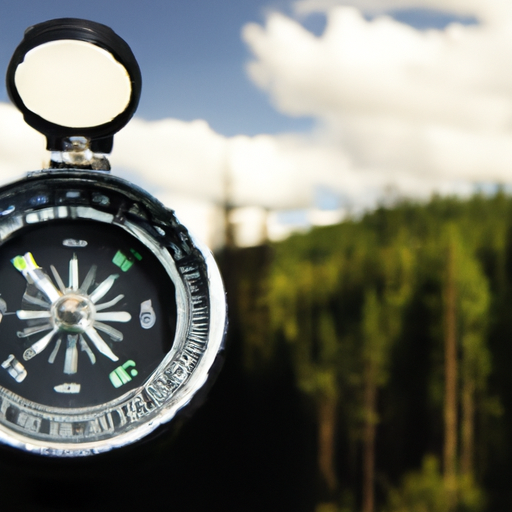
Navigating the Wilderness: Orienteering and Navigation
Using a Compass for Direction
Being able to navigate using a compass is crucial for finding your way in the wilderness. Understanding how to read a compass and determine directions can help you avoid getting lost and reach your destination safely. Additionally, compass navigation can be a valuable skill in urban areas or during natural disasters when access to GPS signals may be limited.
Reading Topographic Maps
Topographic maps provide detailed information about the terrain, including elevation, landmarks, and water sources. Learning to read and interpret topographic maps can help you plan your routes, locate key landmarks, and navigate safely through unfamiliar territory.
Utilizing Natural Navigation Methods
In addition to using modern navigation tools, learning natural navigation techniques can be extremely useful in the wild. By observing natural elements like the sun, moon, stars, or even the growth patterns of plants, you can determine directions and navigate without technological aids.
Securing Nourishment: Hunting, Fishing, and Foraging
Identifying Edible Wild Plants and Fungi
Having knowledge of edible wild plants and mushrooms can provide sustenance in the wilderness. Learning to identify safe and nutritious plants, as well as understanding their proper preparation methods, can ensure that you have a reliable food source when needed.
Mastering Tracking and Trapping Techniques
Tracking and trapping skills can provide you with the means to catch food in the wild. Understanding animal behavior, setting traps, and constructing snares are all valuable skills for securing nourishment when other food sources are scarce.
Essential Fishing Skills
Fishing is a vital survival skill. Being able to catch fish using various techniques, such as hand fishing, rod and reel, or spearfishing, can provide a consistent and reliable food source. Additionally, learning to identify and harvest bait from the environment can increase your chances of a successful catch.
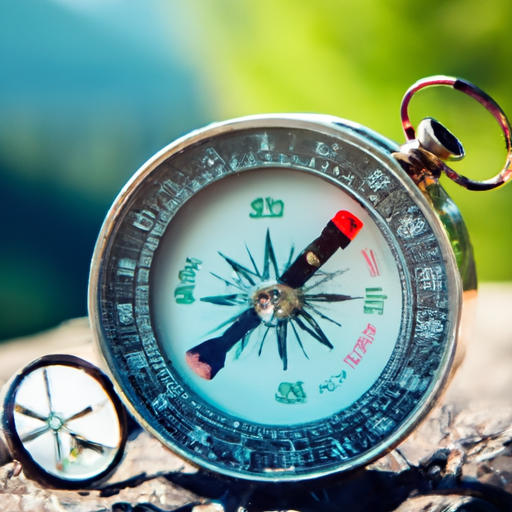
Handling Medical Emergencies: First Aid and Wilderness Medicine
Basic First Aid for Common Wilderness Injuries
In the wilderness, accidents can happen, and being equipped with basic first aid skills can mean the difference between life and death. Learning to treat common injuries such as cuts, burns, sprains, and fractures can provide crucial care until help arrives.
Preparing and Administering Medications in the Wild
If you rely on medications for chronic conditions, learning how to properly store and administer them in the wild is vital. Understanding how to handle and dispense medications is essential to ensure your well-being during survival situations.
Emergency Techniques for Controlling Bleeding
Severe bleeding can be life-threatening, and knowing how to control it in a wilderness setting can save a life. Learning to apply direct pressure, use tourniquets, or perform improvised blood clotting techniques can be crucial skills in emergencies.
Mastering Knots and Rope Work
Understanding the Different Types of Knots
Knots are essential in various outdoor activities, from securing shelters to creating rescue systems. Understanding different types of knots, such as figure-eight knots, clove hitches, and bowlines, can enhance your ability to safely secure equipment and structures in the wilderness.
Practical Applications of Essential Knots
Being proficient in knots allows you to accomplish various tasks in the outdoors. Whether it’s tying down equipment, creating tripods for cooking, or fashioning improvised tools, understanding the practical applications of essential knots enables you to adapt to different survival scenarios.
Using Rope Systems for Shelter and Safety
Understanding how to set up rope systems can greatly enhance your ability to create safe, stable, and durable structures in the wilderness. Rope work can be used for securing shelters, creating rafts, climbing, or performing rescues. Mastering these skills not only increases your safety but also expands the possibilities for survival in the wild.
Surviving in Extreme Weather Conditions
Preparing for Extreme Heat and Drought
In hot and arid environments, being prepared and understanding how to prevent dehydration, heat exhaustion, and heatstroke is crucial. Learning to find shade, conserving water, and recognizing symptoms of heat-related illnesses can contribute to your survival in extreme heat.
Essential Cold Weather Survival Skills
Surviving in cold weather requires knowledge of proper clothing, shelter, and fire-making techniques. Understanding how to prevent frostbite, hypothermia, and other cold-related injuries is essential when facing freezing temperatures.
Tactics for Surviving Natural Disasters
Natural disasters can strike at any time and devastate entire regions. Having the skills and knowledge to survive earthquakes, hurricanes, floods, or wildfires is essential for your safety and the safety of others. Understanding evacuation procedures, emergency communication, and knowing how to find safe shelter can significantly increase your chances of survival during these harrowing events.
Communication and Signaling in the Outdoors
Using Signaling Devices for Rescue
When facing a survival situation, being able to signal for help is vital. Understanding how to use signaling devices such as whistles, mirrors, or flares can increase your chances of being rescued quickly.
Creating and Decoding Wilderness Messages
In the absence of modern communication devices, being able to create and understand wilderness messages can relay critical information or navigate through challenging terrain. Learning universal distress signals, improvised signaling methods, and Morse code can be invaluable skills in survival scenarios.
Developing Effective Survival Communication Strategies
Clear and effective communication within a group is essential for coordination, decision-making, and ensuring the safety of everyone involved. Learning to communicate using hand signals, simple codes, or radio communication can enhance your chances of success in survival situations.
Mental Toughness and Psychological Resilience
Building a Positive Survival Mindset
Survival situations can be mentally and emotionally challenging. Building a positive survival mindset involves developing resilience, staying focused, and maintaining a positive attitude even in the face of adversity. Cultivating mental toughness can significantly impact your ability to stay calm, make rational decisions, and persevere during difficult times.
Coping with Isolation and Loneliness
When surviving in the wilderness, you may find yourself alone or far from familiar faces. Coping with isolation and loneliness requires understanding how to manage your mental and emotional well-being. Developing strategies to stay connected with yourself, finding comfort in solitude, and engaging in activities that boost morale can help you navigate the challenges of isolation.
Overcoming Fear and Stress in Survival Situations
Fear and stress are natural responses in survival situations. Learning to manage these emotions is crucial to maintaining a clear mind and making rational decisions. Techniques such as deep breathing, visualization, and positive self-talk can help you stay calm, focused, and in control even in high-stress situations.
Conclusion
Understanding the significance of outdoor survival skills is crucial in today’s world. Whether you yearn for adventure, plan outdoor activities, or simply desire to be more self-reliant, learning these skills can provide you with invaluable knowledge and confidence. By mastering techniques such as finding water, building shelter, navigating the wilderness, securing nourishment, and handling medical emergencies, you can increase your chances of survival in challenging situations.
Furthermore, outdoor survival skills foster a deep respect for nature, promote physical fitness, and enhance problem-solving abilities. By embracing the adventurous spirit and encouraging others to learn these essential skills, we can ensure that the lessons of outdoor survival continue to be passed down from generation to generation.
So, equip yourself with the knowledge, develop the skills, and embrace the outdoors. In doing so, you will not only increase your chances of survival but also discover a deeper connection to the natural world and your own capabilities.
As an Amazon Associate I earn from qualifying purchases.






